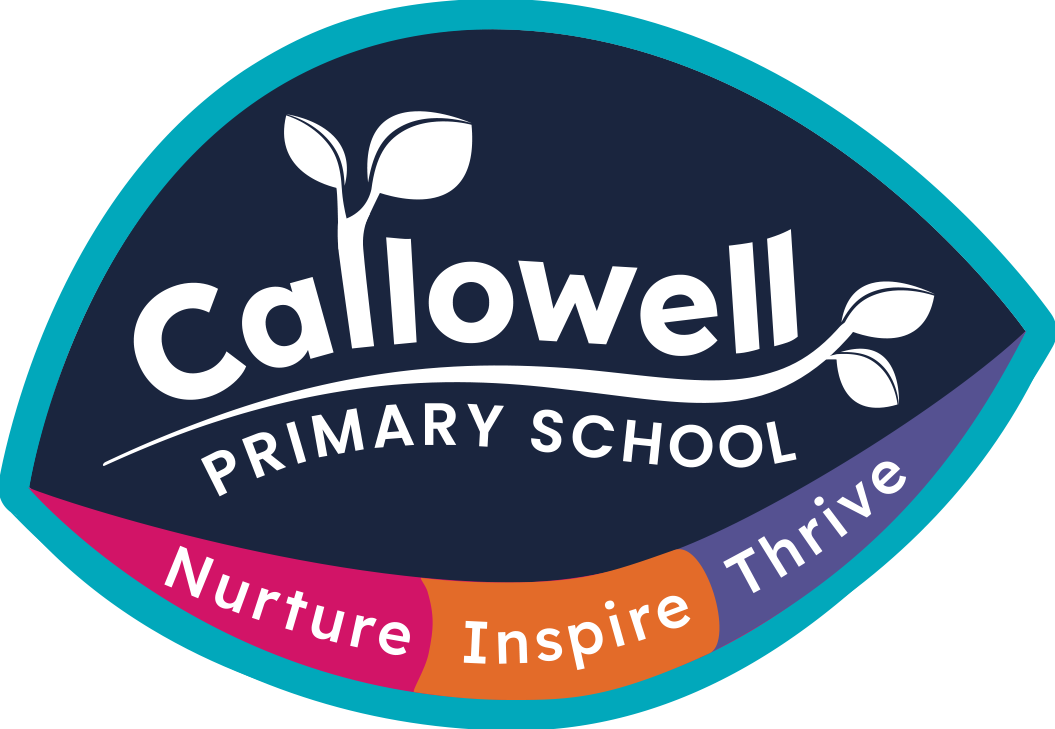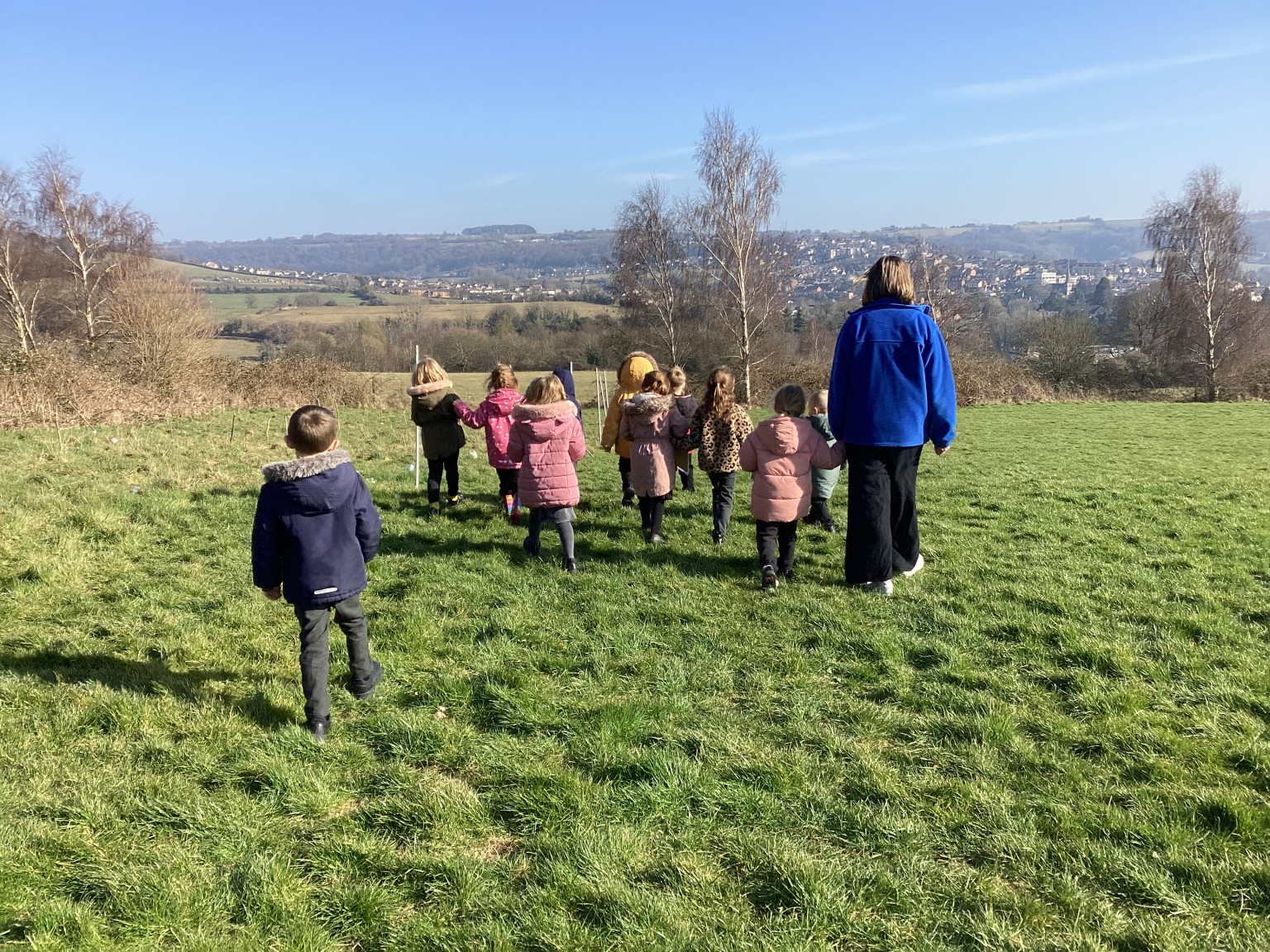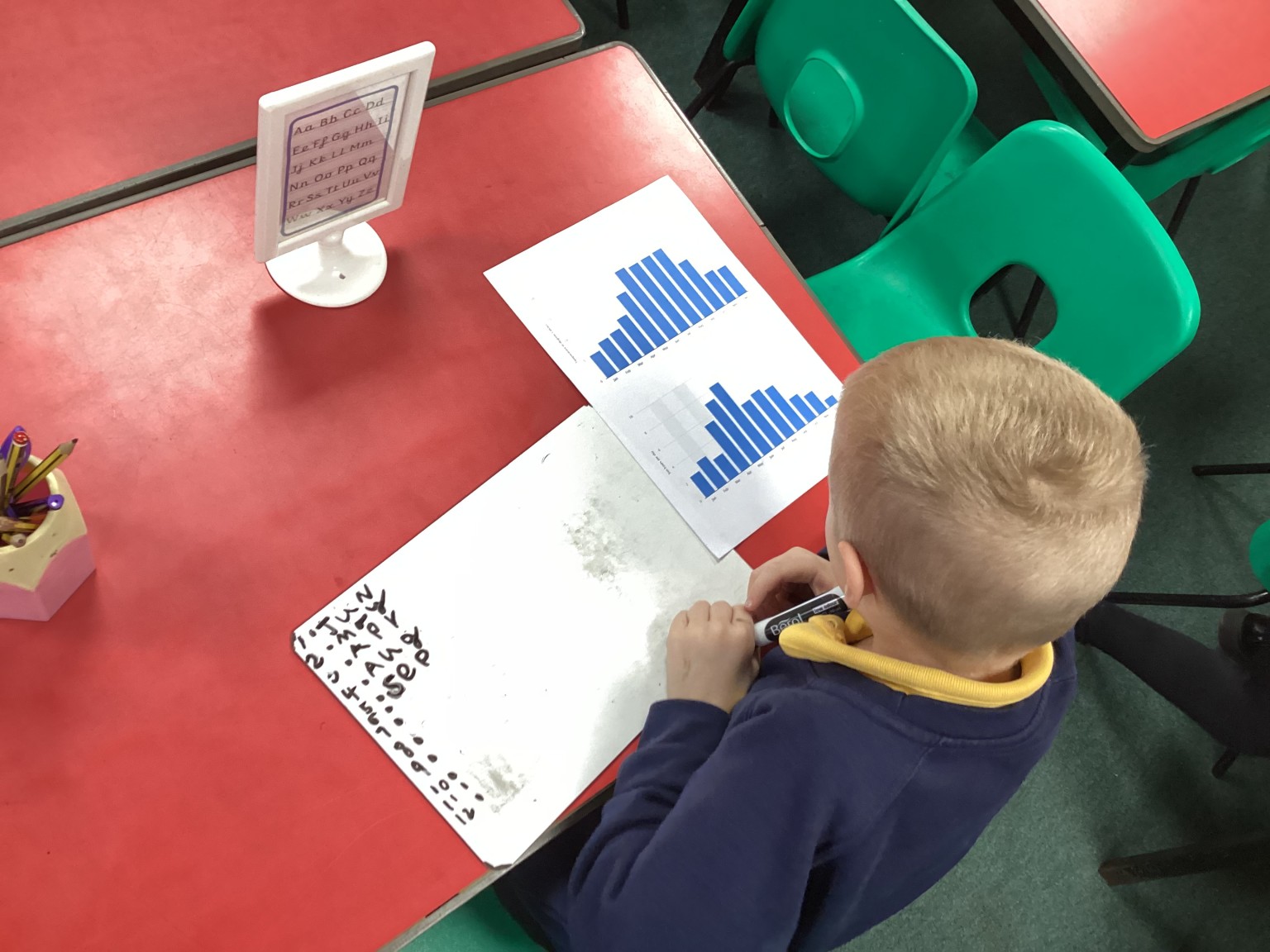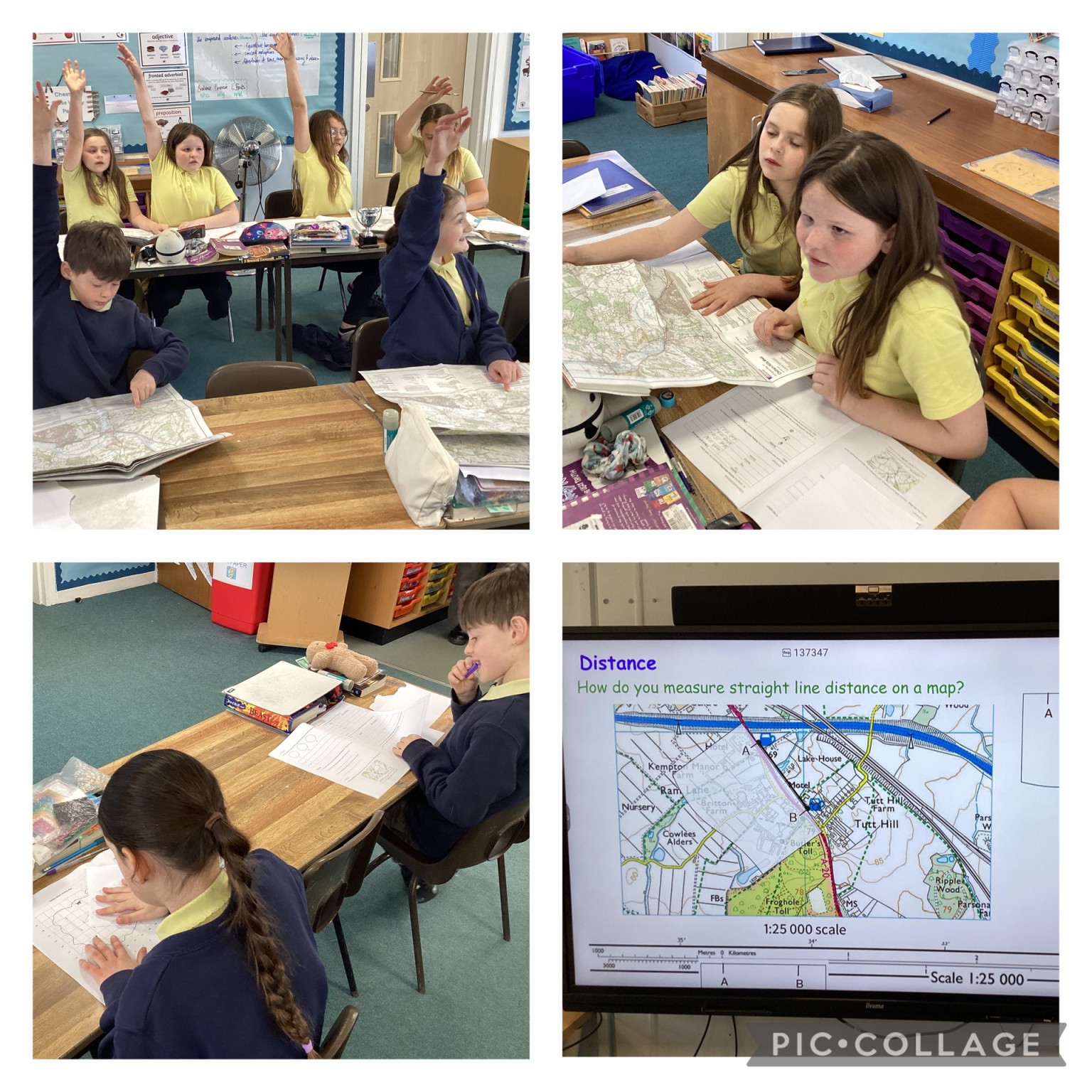Callowell Geographers
Our Aims:
- develop contextual knowledge of the location of globally significant places – both terrestrial and marine – including defining physical and human characteristics and how these provide a geographical context for understanding the actions of processes.
- understand the processes that give rise to key physical and human geographical features of the world, how these are interdependent and how they bring about spatial variation and change over time.
- are competent in the geographical skills needed to:
- collect, analyse and communicate with a range of data gathered through experiences of fieldwork that deepen their understanding of geographical processes.
- interpret a range of sources of geographical information, including maps, diagrams, globes, aerial photographs and Geographical Information Systems (GIS).
- communicate geographical information in a variety of ways, including through maps, numerical and quantitative skills and writing at length.
What does Geography look like at Callowell?
Our curriculum is designed around our school community, we use this driver to propel the curriculum offer to ensure the Callowell community are at the centre. Our Geography curriculum is based on the aims and principles of the National Curriculum.
Emphasis is placed on investigative learning experiences to help children gain a secure knowledge base and depth in their learning. We ensure that learning is progressive and inclusive with a focus on teaching relevant high-quality vocabulary to improve subject specific oracy.
In the Early Years Foundation Stage, children engage with Geography through the Early Learning Goal ‘Understanding of the World’. Within this Early Learning Goal, children explore aspects of the natural world and people, culture and communities, through observations, discussions, stories, comparisons of similarities and differences and exploration of processes of change.
In Key Stage One and Key Stage Two, the curriculum is structured into substantive and disciplinary knowledge. In KS1 children are taught to master the disciplinary knowledge, while in KS2 children build on their previous learning to broaden and deepen their range of skills and become more independent and resilient learners.
At Callowell, we regularly explore our school grounds, taking advantage of our forest school area, with classes accessing forest school sessions. We also have a range of established links within our local community that we draw upon to enhance learning. To ensure children are provided with a broad cultural development we also provide them with opportunities to extend their learning beyond our local community. Learning experiences include; trips, workshops and expert visitors.
How do we assess Geography?
By the end of each key stage, children are expected to know, apply and understand the skills and processes studied within the Early Years Foundation Stage Framework and National Curriculum programmes of study. Class teachers use formative assessment in all lessons to identify children’s understanding of the geographical concepts and key knowledge taught, alongside Evidence Me and Insight. This allows us to track the attainment and progress of children throughout their school journey.



